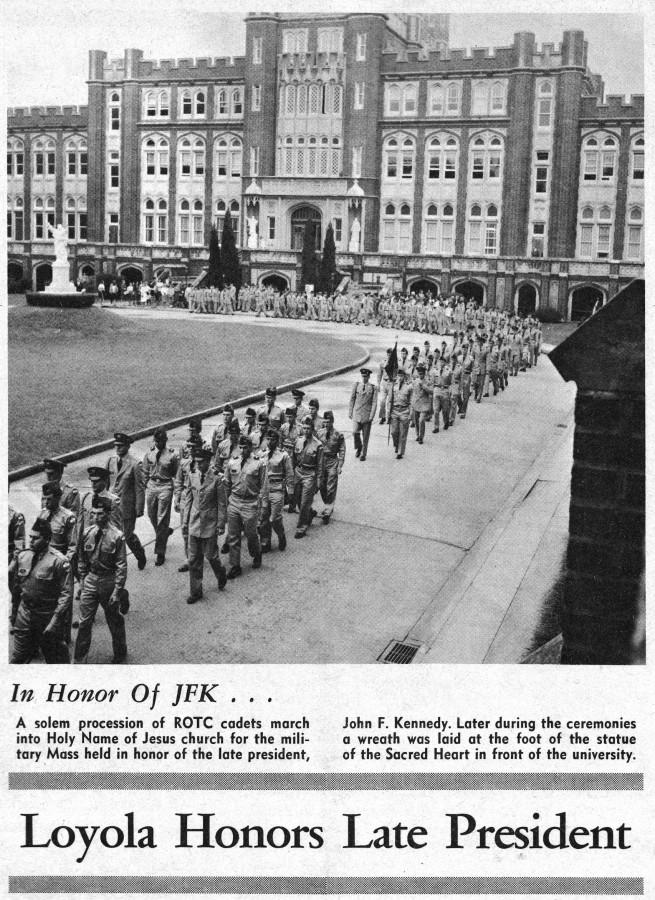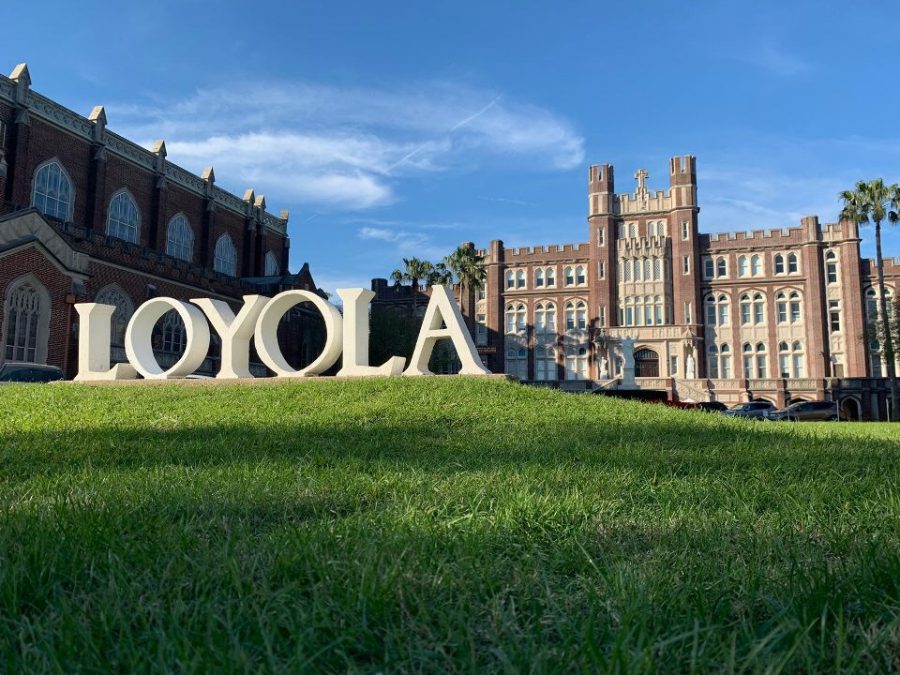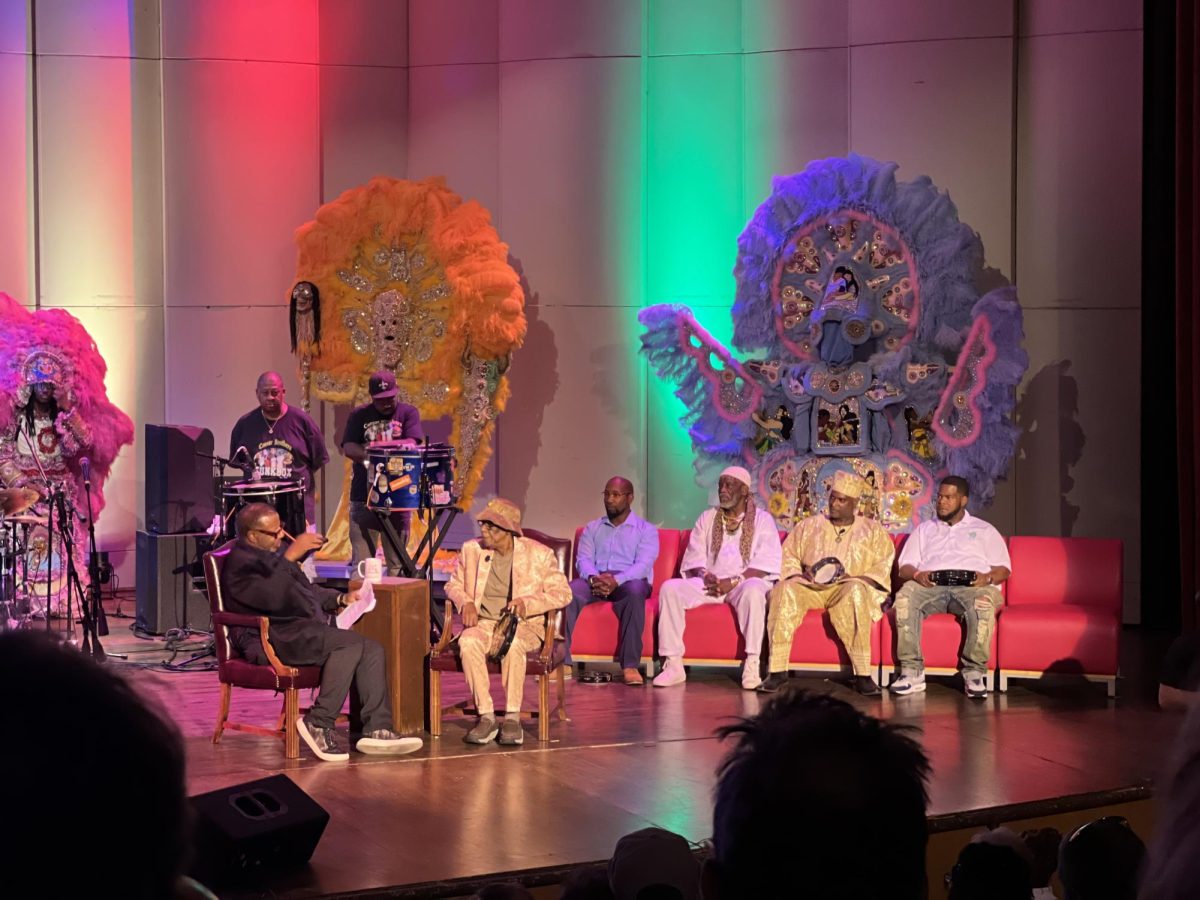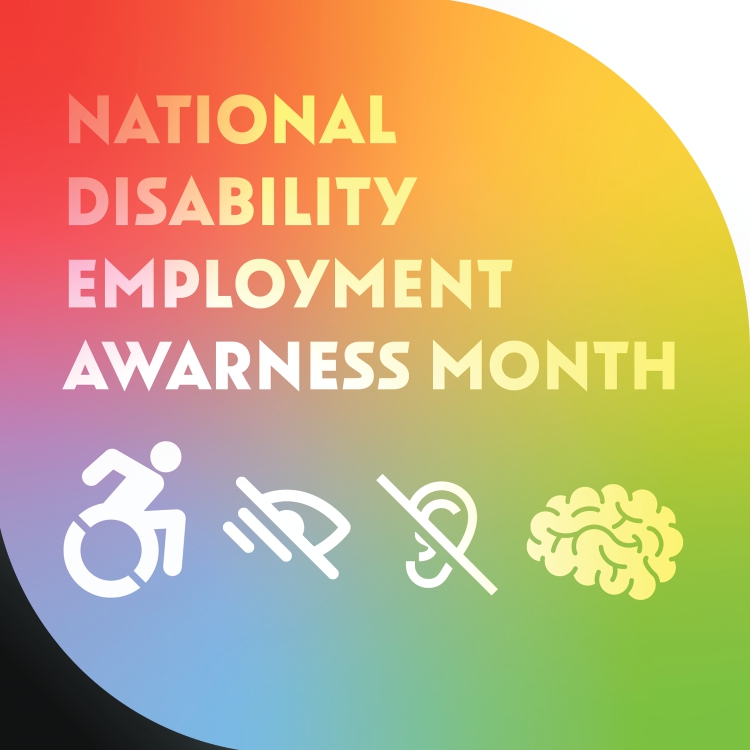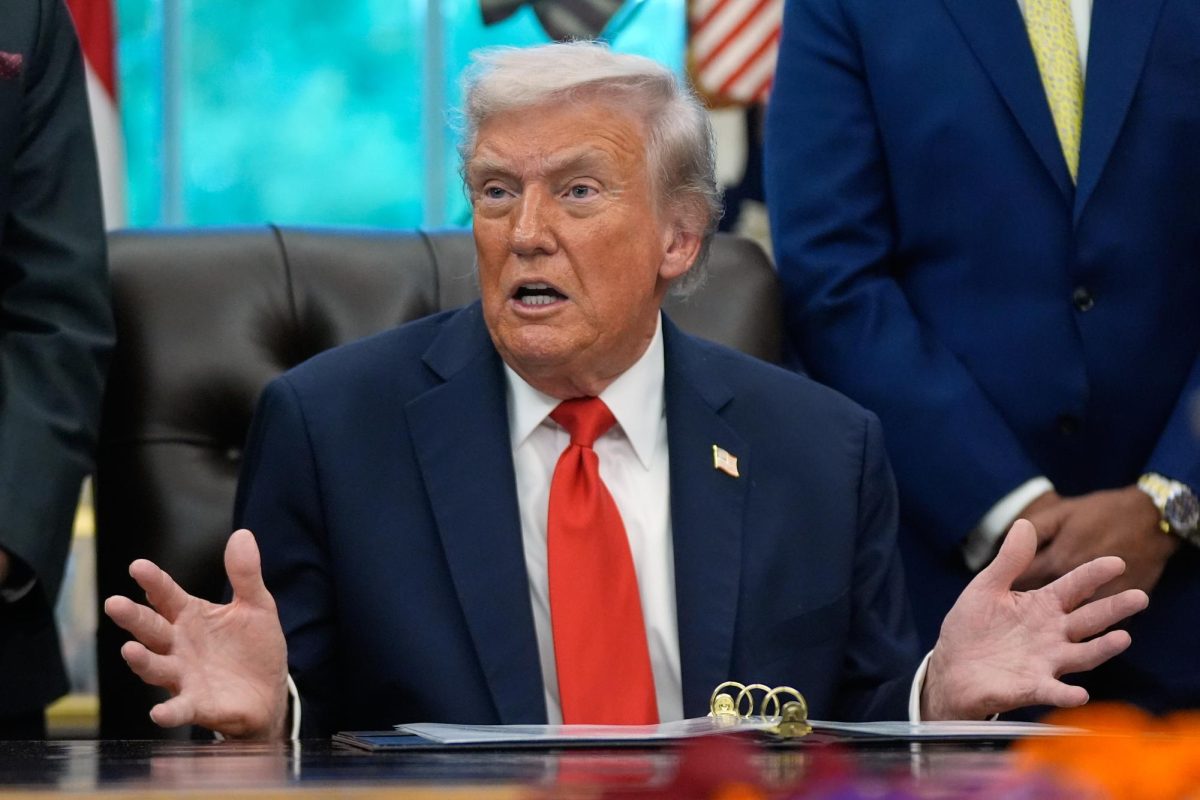Editor’s Note: The following was originally a letter written by a Loyola student and found by a WWL newsman on Marquette’s main bulletin board the Monday after President Kennedy’s death. It was read on the Monday night newsbroadcast.
The Nation is silent. A President is dead. There were many who disagreed with him; many who respected him; some few who hated him, and millions who loved him. Although he was the President of the United States, he was not ours alone. He stood not only for the ideals and hopes of our nation, but equally for those of all peoples who valued freedom and its accompanying responsibilities.
John F. Kennedy was a man who captured the imagination of the world. He brought new life and, more important, new interest to the elusive problems which have confronted the world and this nation for decades. He was never one to shirk even the most serious of responsibilities. He welcomed them, with the hope that he might succeed in relieving at least a portion of the poverty and oppression which has been the plight of the people of the world throughout civilization.
Why does this, our President, who was so active in the service of all mankind now lie still? Why has this young, dedicated life come to such a tragic end? Where does the blame lie? Certainly not solely on the shoulders of his deranged assassin.
Is it possible that part of our grief stems from the private realization that each one of us shares in the guilt of this death? Was not this action simply the climax of the growing atmosphere of hate and violence which has so long existed in our hearts, and which has lately been inflamed and manipulated by some among us who have sought their own ends rather than the good of the state, nation, and people who serve?
Surely no one among us could have known or suspected that this wave of bitter hatred and violence would result in this. Yet where did we think that violence would lead us? Did we never stop to think that violence solves nothing but only leads to more violence and suffering?
Any attempt to accurately place the guilt for the death of our President will achieve nothing. We are all faced with a reality for which we can be nothing but deeply ashamed. Let us hope that John F. Kennedy will not have died in vain.
Let us hope that everyone of us, from every section of our country, will realize the true cause of this tragedy and will put aside our bias and seething hate, and in their place shoulder the responsibility of justice and charity among men which we have for so long trampled underfoot. It can do us no harm to ask ourselves, “how many deaths will it take till we know that too many people have died?”


